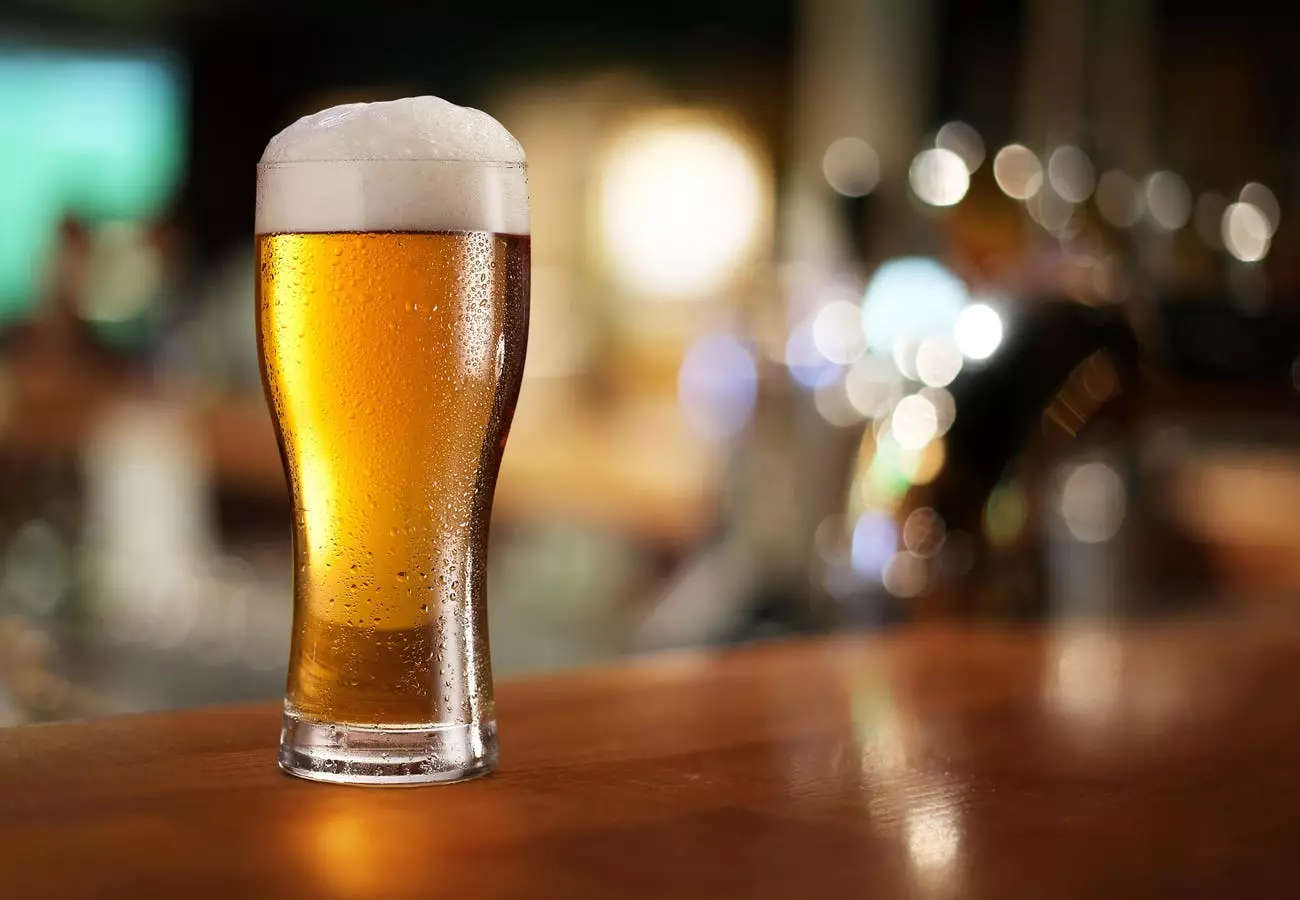In recent years, the grocery shopping experience has evolved significantly, moving beyond mere transaction points to include lifestyle elements that cater to consumers‘ diverse needs. A standout example of this trend is Lidl’s initiative to open an in-store pub in Dundonald, County Down, a groundbreaking concept that seeks to transform grocery shopping into a more enjoyable outing. The idea of combining routine supermarket errands with leisure activities, such as having a drink, encapsulates a shift in how we perceive our shopping environment. By integrating a bar within its premises, Lidl is not only rethinking its retail strategy but also looking to capture an unexplored segment of the market.
The Legal Hurdles and Judicial Approval
Lidl’s journey toward establishing its pub began amidst legal scrutiny. A rival liquor retailer, Philip Russell, challenged Lidl’s application for a provisional license, arguing the supermarket had not demonstrated an insufficient number of licensed venues in the area. However, Justice Colton’s ruling in favor of Lidl indicates a nuanced understanding of modern consumerism and market dynamics. The judgment highlighted that the novelty of this application should not serve as a deterrent but rather as an opportunity for re-evaluating traditional licensing frameworks.
The ruling emphasizes the shifting landscape of alcohol sales and public venues in Northern Ireland, which may enhance competition within the sector while simultaneously broadening consumer choice. The court’s decision marks a progressive step that recognizes the need for businesses to adapt to rapidly changing consumer behaviors.
Lidl’s Strategic Vision
Lidl’s plan includes a bar that can accommodate approximately 45 patrons, coupled with an off-licence area for customers to purchase alcoholic beverages to take home. The design encompasses multiple seating arrangements, a keg room, and restrooms—details that allude to a carefully curated space meant to encourage socialization. This vision aligns with the rising trend of mixed-use spaces where shopping, dining, and socializing converge.
Additionally, the fact that Lidl is willing to invest nearly $510,000 into this pub signifies a robust commitment to its market strategy. Unlike conventional supermarket models, which focus chiefly on grocery sales, Lidl’s move reflects an adaptation to a more experiential retail model. This deliberate pivot towards creating a social hub could attract not only dedicated shoppers but also local residents looking for a laid-back environment to enjoy a drink.
While the concept of a supermarket pub is relatively novel, it raises important questions about consumer appetite for such spaces. The potential for increased foot traffic may bode well for Lidl, as shoppers might linger longer, leading to higher overall sales both in the bar and the grocery section. This integrated shopping experience could foster a sense of community, allowing Lidl to establish itself as a local gathering point.
However, the success of this venture hinges on consumer response. Will patrons embrace the idea of sipping a cold beverage during their grocery run, or will this integration be viewed as a mere gimmick? The diverse demographics of Dundonald may play a pivotal role in determining whether the pub becomes a staple in the community or fails to resonate with the local populace.
Lidl’s pioneering endeavor serves as a case study for other retailers contemplating similar expansions. The integration of dining and drinking options within retail spaces may redefine the shopping experience as we know it. It implies that supermarkets could increasingly serve multi-functional purposes, blending retail with social interaction.
As consumers crave convenience alongside enjoyment, this model could inspire other grocery chains to follow suit, thereby altering the traditional grocery store function significantly. Retailers must become adept at reading evolving consumer preferences and adapting their business models accordingly.
Lidl’s foray into the realm of in-store pubs represents much more than a new product offering; it embodies the potential for transformative change in the retail landscape, shaping how consumers interact with their shopping environments and what they expect from their supermarket experiences.


Napsat komentář